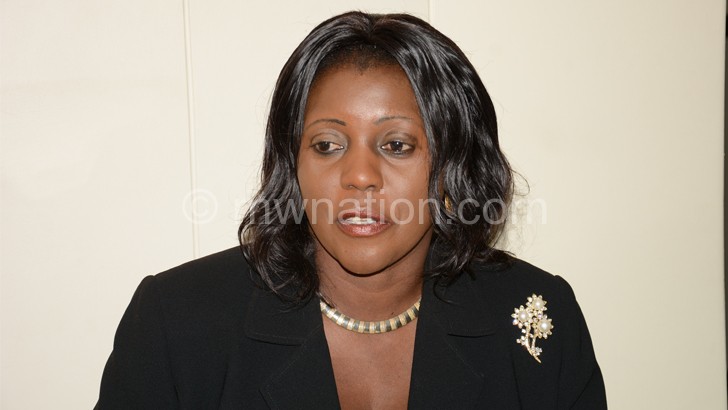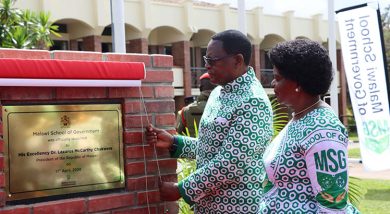Report exposes reforms highs, lows
Eight months after President Peter Mutharika launched the Public Service Reforms, some government agencies have demonstrated that commitment and political will are critical to having an efficient public service.
Progress reports on the first three months of implementing the reforms by some ministries and departments show most of them have posted positive results after signing contracts with the President to achieve set targets.

In a drive to kick-start the reforms, the Public Service Reforms Commission (PSRC) chaired by Vice-President Saulos Chilima selected several ministries and departments to pioneer the reforms and accountability in service delivery.
The selected agencies included Ministry of Finance, Economic Planning and Development, Ministry of Health (MoH), departments of Immigration and National Registration Bureau under the Ministry of Home Affairs and Internal Security, Ministry of Education, Science and Technology, Ministry of Natural Resources, Energy and Mining, Ministry of Transport and Public Works and Department of E-Government.
However, a progress report shows that all is not rosy for the reforms as some decisions lack legal backing whereas some agencies virtually failed to tick.
MoH is among those on track to implement identified reform areas. For its part, the ministry had four reform areas, including a review of its partnership agreement with Christian Health Association of Malawi (Cham), establishment of a health fund and institution of mandatory medical insurance for wage earners.
In the course of the reforms, Nkhoma Synod of the Church of Central Africa Presbytery (CCAP) suspended free maternity and under-five services at its facility, Nkhoma Mission Hospital in Lilongwe, a member of Cham, over non-remittance of subsidy by MoH.
However, despite this dent, the progress report dated June 2015, but made public last week, indicates that MoH engaged consultants and prepared concept papers which have been submitted to Cabinet and other relevant stakeholders during the past three months.
At the Ministry of Transport and Public Works, the upgrade of the Malawi Transport Information System (Maltis) is mentioned as a success story. However, on the ground, Maltis has brought about challenges of long queues and frustration among motorists as the Directorate of Road Traffic and Safety Services (DRTSS) migrates to the new system.
Even the merger of the Road Traffic Directorate and National Road Safety Council to form DRTSS is in limbo as it lacks legal backing.
Chilima acknowledged the observations and described the challenges at DRTSS as teething problems.
“The equipment will be replaced and we now have a three-month plan to resolve everything. If there are elements of sabotage, these will be dealt with,” he warned last week.
Chilima was apparently referring to revelations by DRTSS director Jacques Manong’a in an earlier interview with The Nation to the effect that some officers at the directorate were cutting cables and pouring water on the Maltis server to frustrate its implementation.
But the report indicates that much as overall performance in most ministries was commendable, funding challenges crippled implementation of the reform areas.
From the report, the negative impact of the lack of funding is seen in the Ministry of Transport and Public Works where the proposed establishment of an autonomous Civil Aviation Authority and recapitalisation of Plant and Vehicle Hire Organisation (PVHO) and Engineering Services have stalled.
In the Ministry of Local Government and Rural Development, the reforms were unfocused.This resulted in the stalling of proposed reforms such as enhancing the capacity of district councils, devolution of the development budget and improving administration of chiefs’ honoraria.
In an interview yesterday, Principal Secretary for Public Sector Reforms Management, Nwazi Mnthambala, said rewards for excellent performance were still work in progress as the commission is in the process of reviewing an organisational performance assessment tool.
Mutharika has since approved to extend the life of the commission to June 2016 during which 46 parastatals will be under greater scrutiny and other government departments would sign performance contracts.
The commission is expected to issue another report on the progress of reforms in December this year.





